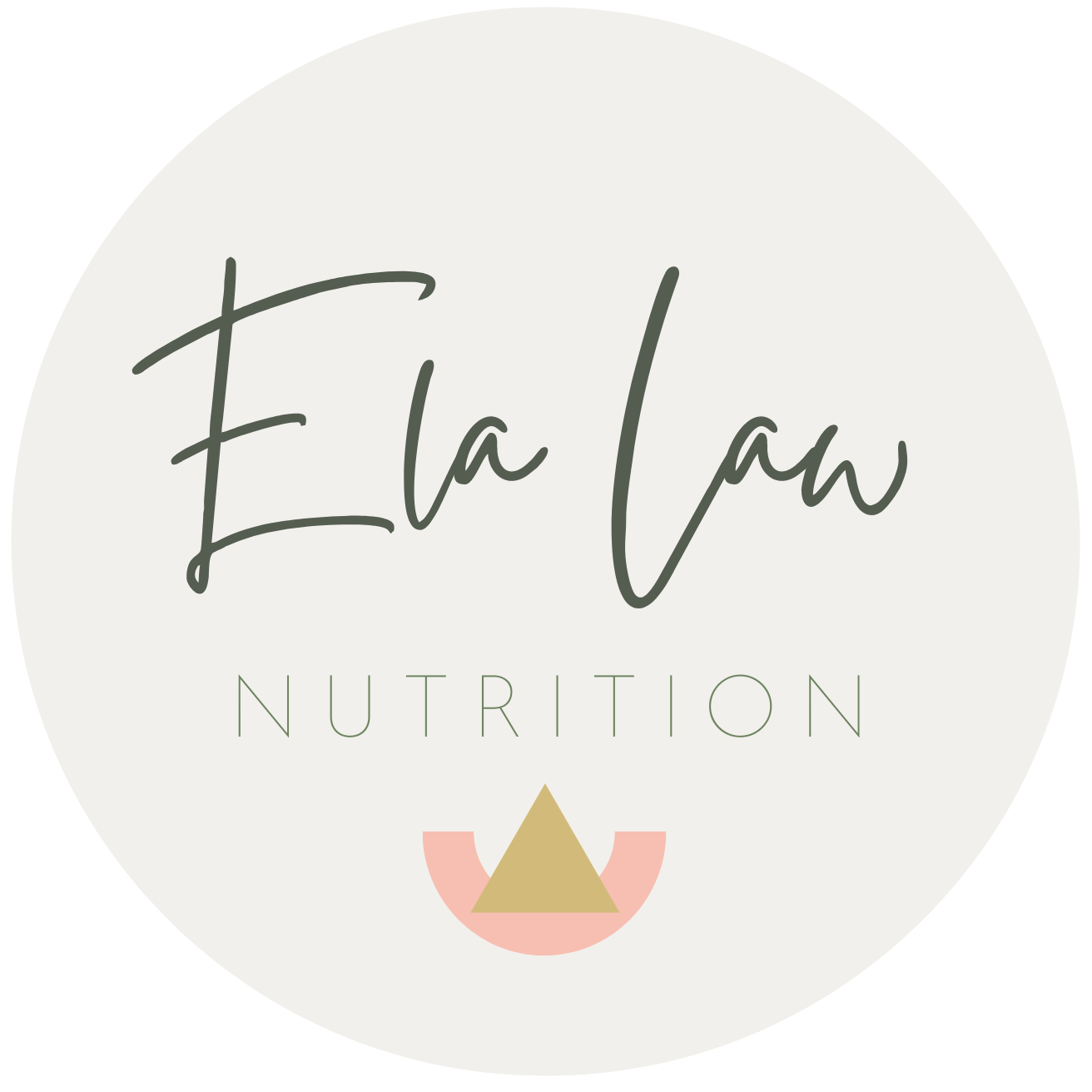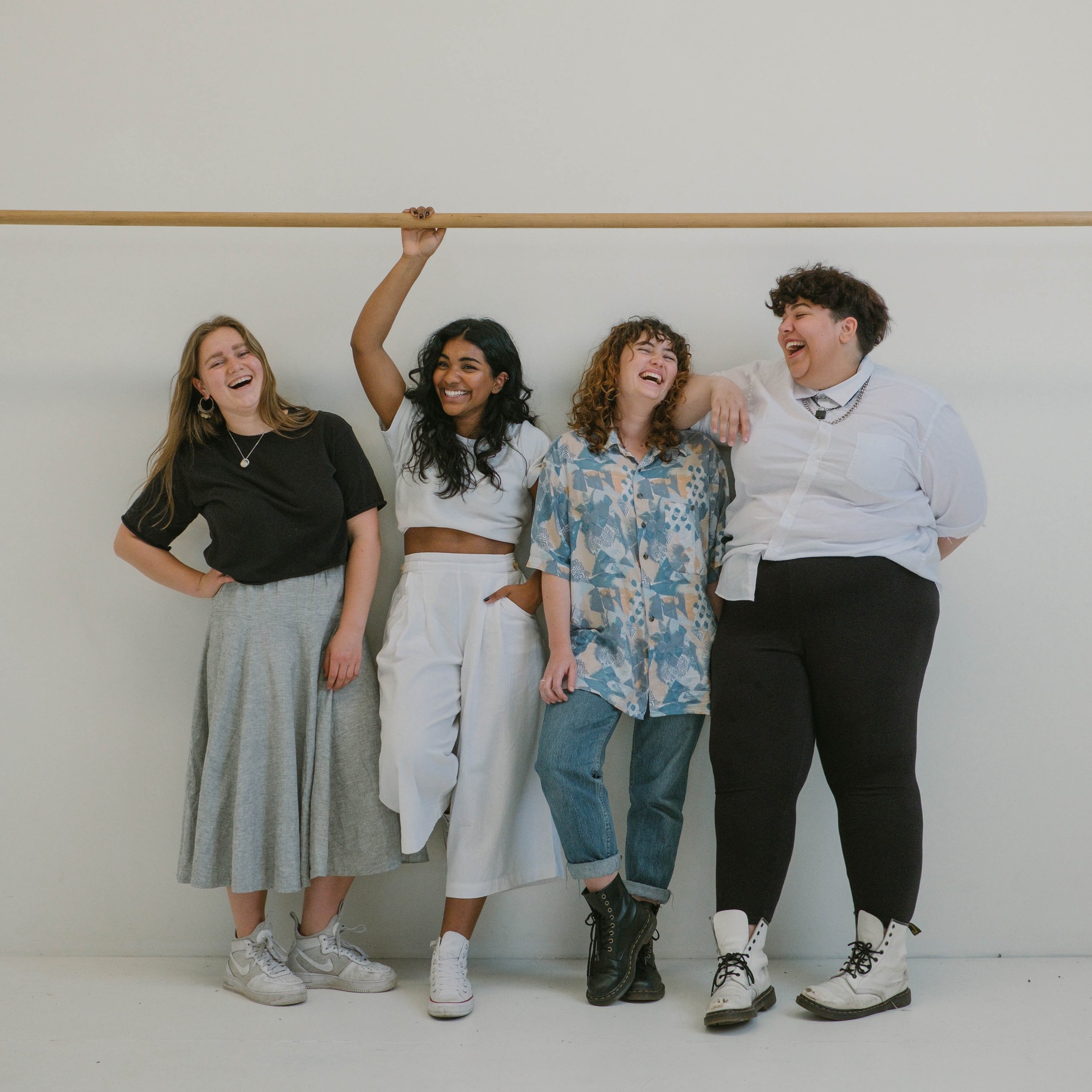
My Blog - Resources and support for you
Is the honeymoon over?
Are you finding yourself with yet another failed diet, wondering why you just can’t stick with it, questioning your willpower, feeling stuck?
After the initial glow of the new diet or ‘lifestyle’ programme wears off, we are left with a set of restrictive rules and lots of dos and don’ts that often don’t feel so good.
I am scared my weight will just keep going up
When you come to a place where you accept that your body is not a static thing but something that changes all the time, you can start to trust that it will settle in a range that feels good. But that process can take a long time. Most people who have committed to intuitive eating will find a place where they can eat in a way that serves them in terms of nutrition, hunger/fullness, and satisfaction, and where eating isn’t an emotional crutch, or a ‘free-for-all’, guilt-inducing endeavour.
It’s just easier to go back to dieting
It can be so much easier to sign up to another diet group or meal plan in comparison with doing intuitive eating work - but is it sustainable and a long-term ‘solution’?
Do we miss out on belonging by trying to fit in?
What happens when we try to fit in is this: we lose ourselves. We mute our authenticity, we ignore our intuition, we lose trust in our bodies. And when we lose who we are, we can’t feel like we belong. Because knowing where we belong requires knowing who we are
I am not here to sell you a shiny object
What I am selling isn’t always very sexy, because it is less tangible or measurable. It is easy to measure the number on the scales, or clothes sizes, but how do you measure empowerment, satisfaction, confidence? What I am selling is harder to promote because it’s not a quick fix. It’s not a programme or a plan to follow.
Intuitive Eating may change your weight
Most people really like the idea of intuitive eating: it all makes sense and feels like a good approach to health and wellbeing. But many people are also really worried about what intuitive eating might do to their weight.
Disordered eating or an eating disorder?
I wanted to use this opportunity to share my thoughts on the fine line between dieting, disordered eating and eating disorders.
No comment…
How about we all try something: Let’s not comment on our own or other people’s body shapes and sizes. You don’t do that? Well, maybe you think about it rather than say it out loud? Maybe you just comment on your own body? (Let’s face it, it is easier to be mean to ourselves than to others). It’s hard not to comment at all: it’s almost hard-wired into us to notice, compare and judge bodies. Thanks patriarchy, thanks racism, thanks diet-culture.
Why it will be good for your health to reject the diet mentality
We are constantly being told we need to lose weight to be healthier, but what if you were told that you could actually do more for your health by stepping off the yo-yo diet train and focussed on wellbeing through a different lense?
Top Three Tips to avoid food anxiety this festive season
For many people, the festive season brings with it some extra anxiety because there is a lot of focus on food, which can be challenging for anyone who struggles with food.
Do you like your body?
Liking our body and the appearance of it can feel super alien and for some is completely unfathomable. What I want to talk about today is something called ‘normative discontent’ – which is described as a culturally common, perpetual and normalised shame and unhappiness with what we have (in particular our bodies).
What the hell is 'food neutrality'? 5 steps for putting food in its place!
When we label foods with positive or negative terms, we often transfer that label to ourselves. We say things like ‘I have been good today, I had a salad for lunch’ or ‘I have been naughty, I had a doughnut for my snack’. But does eating a particular food really make you good or naughty? No, absolutely not. By making all foods neutral, we allow ourselves to eat what we really like without feelings of guilt or shame.
Why is it so difficult to lose weight long-term?
A good starting point is realising that there is no specific ideal weight that works for everybody, but that there is a specific ideal weight for EVERY BODY (and this weight may not be what you had in mind..)
How intuitive eating can be life-changing
A blog on intuitive eating and how it can change your life
Meal planning and intuitive eating - are they compatible?
One of the first things I ask my clients is to tell me about their meal routine during an ordinary day. It tells me so much immediately about whether they are feeding themselves enough and whether they may be leaving it too long between meals. Planning meals can absolutely be compatible with intuitive eating, and here is why and how it works.
Back to basics - The principles of intuitive eating
A brief summary of the 10 intuitive eating principles and a tip for each that you can put into practice today!
Are you a good role model?
Your behaviours and the beliefs you share as a role model will be interesting and compelling to those looking up to you, and things people might want to copy to be a little more like you!
Often, we aren’t even aware that we are role models, or we are too wrapped up in our own lives to consider what effect our actions and reactions can have on others.
Can intuitive eating work for everyone?
It really can work for everyone, regardless of your health status, financial situation or current body size. However, it may be easier for some people to embrace it and apply the framework than for others, due to societal privileges.
I used to say: don’t buy it and you won’t eat it – But is that really necessary for eating well?
It’s a very simplistic statement: if you don’t have it at home, you won’t be tempted to eat it. Kind of makes sense, but I cringe now when I think back about how many people I have told this because what it conveys is that you don’t trust yourself being around food. You feel that certain foods have so much power over you that you would just give in and eat it all if you had it in your cupboard.
How long does it take to become an intuitive eater?
There is also no particular ‘end point’ to it, where you can say: Now I have reached my goal!
It is an ongoing way of living and learning, confronting and exploring. There are, of course, factors that can influence how long it will take you to get to a place where you feel comfortable with your body and the food you eat.




















